‘Ghat Ghat me Sangeet Samaaya’ - Pandit Feroze Dastoor
03 Apr, 2020 | Beete Hue Din by Shishir Krishna Sharma
It would be wholly justified to say that the Parsi community has contributed significantly towards strengthening the foundation of the Hindi cinema. The list includes reputed personalities like Producer-Director of the first talkie film Alamara (1931) and the owner of Imperial Movietone-Mumbai Ardeshir Irani, J.B.H.Wadia and his younger brother Homi Wadia of Wadia Movietone-Mumbai, Sohrab Modi of Minerva Movietone - Mumbai, J.J.Madan of Madan Theatres – Kolkata, Music directors like Ferozeshah M.Mistry, B.Irani, and Khursheed Homji alias Saraswati Devi and many-many more. Pandit Feroze Dastoor was one such name, he was essentially a singer, and it was due to his melodious singing that he got a chance to appear in front of the camera. He did many films as a Singer-Actor during the ’30s and ’40s and then bid adieu to acting and fully immersed himself in Indian Classical Singing.
"And just like that, without any planning", said Pandit Feroze Dastoor, "I became an actor."
When I met Pandit Feroze Dastoor at his 2nd-floor residence of Dubash Building situated in one of Mumbai's timeworn areas, Maulana Shaukat Ali Road on Grant Road, we spoke at length on the various aspects of his life. Born on 30 September 1919 in Mumbai, Pandit Feroze Dastoor's father Bejan ji Hormas Ji Dastoor was a well-known Billiards player who had won the National Championship during his days. In the 20s, this same flat used to house Pandit Feroze Dastoor's father's Billiards Saloon. His father was an enthusiast of Indian Classical Music and could carry a tune very well. Pandit Feroze Dastoor had received his initial training from his father who would invite any renowned singer to his house once every year for a music recital. A large portion of the audience used to be from the Parsi community itself and it was Pandit Feroze Dastoor who was always told to perform the opening act before the main event. It so happened that one such event was attended by the owner of Wadia Movietone J.B.H.Wadia who at that time was making his banner's first talkie film Laal-e-Yaman (1933). He liked Feroze's voice so much that he offered him a song in his film. And because the concept of playback had not been introduced yet, Feroze had to sing that song in front of the camera. The song was Jao sidharo fateh pao tum pe saaya rab ka, lyricized by Munshi Aashiq. The film's music was composed by Joseph David and Master Mohammad. J.B.H.Wadia was so pleased by Feroze's work that he not only asked him to record more songs, he also gave him a role in his movie. These songs from the movie Laal-e-Yaman (1933) were tasveer-e-gham bana hoon mai hairat me mubtila hoon, tori hardam parvar aas, mash-hoor the jahan me izzo-shaan waale, ab nahin dhaarat dheer jiyarwa and khaalik tori najariya najariya re tori. "And just like that, without any planning", said Pandit Feroze Dastoor, "I became an actor." He was just 15 years old at this time and had received 100 rupees as a remuneration for the movie Laal-e-Yaman (1933).
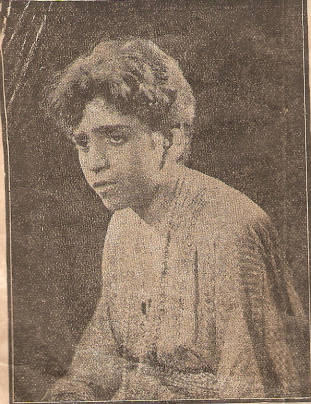
In 1934, Feroze acted in 3 of the 4 movies of Wadia Movietone released that year and they were Baag-E-Misar, Kala Ghulab & Waman Avtar, along with that he sung many songs such as – kudrat ayaan chamke-jhamke, palat gai hawa aye maula, dil ka ranj sohe naahi, aye do jahaan waale fariyaad sun hamaari, kar tu sakhaawat aye nek bande aur maula ne badi shauqat di islam ki (Baag-E-Misar), khaaliq Akbar qadir tu kudratwala and nahin parey ji ko chain aye khudaya (Kala Ghulab) and roop dhara sada jagat ke paalan ko, mangoon daan bikat kaaj, byaah karey wo bala, sara jagat maya bandhan me qaid, tum vriksh latasam raho milke and bahut gayi thodi rahi kyoon tu vyaakul hoye (Waman Avtar). In that era, Joseph David and Master Mohammad were the permanent music directors for Wadia Movietone and Joseph David and Munshi Aashiq were its permanent lyricists. Initially, Music Director Jaydev had also acted in Kala Ghulab and Waman Avtar along with many other Wadia Movietone films of that era. He had portrayed the role of Narad in Waman Avtar. Laal-e-Yaman 's sequel Noor-e-Yaman released in the year 1935 under Wadia Movietone's banner proved to be Feroze's last film with Wadia Movietone after which he joined Eastern Arts Company.
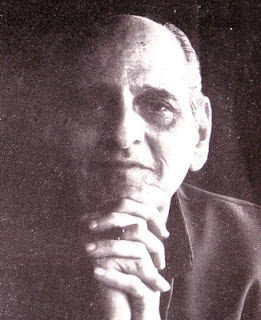
Feroze not only acted under the banner of Eastern Arts Company in films like Bharat Ki Beti, Dharm Ki Devi (both 1935), Prem Raatri (Night Of Love) & Sher Ka Panja (both 1936) where he worked with renowned artistes like Ratan Bai, Ameer Bai Karnataki, Mijjan Kumar, Sardar Akhtar, Hari Shivdasani, Nazeer, and Gope, he also sang songs under the direction of prominent composers like Ustad Jhande Khan, Anil Biswas and Shankar Rao. Some such songs were bharatwasi karo aaj dukhi jan-sewa (co-singer : Sardar Akhtar), azaad hoon duniya me duniya hai ye ghar mera, dard ne dil me chamak ke turfa saamaan kar diya and Narayan Narayan kar madhusoodan ki aarti (Dharm Ki Devi / Anil Biswas), naina ladey hain ji ka karoon and jo apne mulq ki khidmat me dukh aur dard sehta hai (Prem Raatri / Shankar Rao) and aisi chalet pawan sukhdai (Sher Ka Panja / Anil Biswas). Gaurishankar Lal Akhtar was the lyricist of all these films. Film Bharat Ki Beti's main music director was Ustad Jhande Khan but the film's background music and 3 out of the 12 songs were composed by Anil Biswas. Dharm Ki Devi was Anil Biswas' first film as an independent music director.
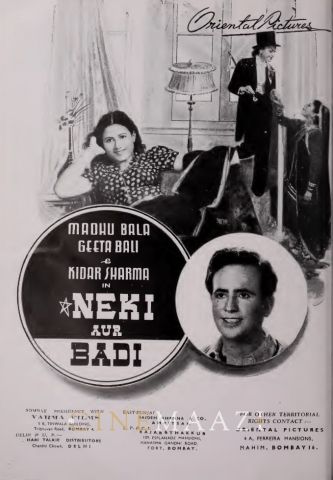
Feroze acted in Minerva Movietone's 1937 release Aatma Tarang and under the direction of music composer Habib Khan he sang solos, pari bipda bhaari he bhagwan, rakh li laaj more prabhu ne aaj, jhootha ye sansaar re jhoothi maya, jagat me prem bada balwaan, jap naam hari-har narayan, and also sang a duet kaisi prem basant ritu suhaani laage with Prabha. In the year 1938, his father Bejan ji Hormas Ji dastoor wrote and produced Sunehra Baal (1938) under the banner of Ram Movietone. Director was Narottam Vyas and Munshi Aashiq's lyrics were composed by Feroze Dastoor himself. The cast of the film comprised of Feroze Dastoor, Indu Rani, Sharifa Bano, Badri Prasad and Basant Pahelwan and Feroze sang a duet chhod jaane waale ki kaisi aala shaan with Badri Prasad along with his solo songs ab to humko hai paana, kripa kar tu narayan and tori katari laage kaari. He acted in 1940's Pak Daman directed by Roustam Modi for the banner of Stage Film Company and under the direction of K.M.Pawar's music, he sang a solo maula sun le iltija and duets he jagmali phooli daali daali (co-singer: Kakaji) & madbhari ankhiyan jiyra lubhayein (co-singer: Mira).
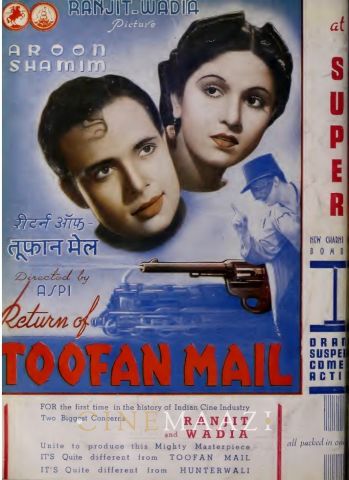
As per Pandit Feroze Dastoor, though he worked in movies it was classical singing that gave him the utmost satisfaction. In 1942 he acted in Return Of Toofan Mail made under the banner of Wadia Movietone and sang a solo mat ro mat ro o marad kahaane waale composed by Gyan Dutt and written by Pandit Indra. Feroze acted with well-known actors like Vanmala, Ishwarlal, Sumati Gupte, Agha and Rajkumari Shukla in 1945's Sharbati Ankhein made under the same banner (Wadia Movietone), and also sung solos composed by Feroze Nizami like bikhre kitne roop jagat me written by Pandit Indra and Rama badey ghazab ki naar written by Balam. He not only acted in Central Studio's 1947 release Gul Bakawli directed by Roustam Modi, he also composed for songs written by Munshi Shefta and Shaukat Hashmi, sang a duet aalam shabaab ka hai aur josh par jawani (co-singer : Menka Bai) and solos toofankhej maujein aur door hai kinara and ye baag ye bahaar mere liye khijaan hai. The film Gul Bakawli featured another music director Professor Bundu Khan as well. In the 1949 release Neki Aur Badi, he sang duets jamuna tat par natwar girdhar (with Rajkumari) and hamey na rook hamey unke paas jaane do and kyon ji scent lagaaya hai (both with Amirbai Karnataki) which were penned by Kedar Sharma. Neki Aur Badi was the debut movie of composer Roshan's career.
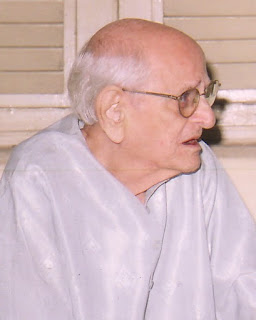
In the late 40s, Feroze bid farewell to films and immersed himself completely in musical exercitations. He received tutelage in Kirana-Gharana of classical singing by Pandit K.D.Javkar, Sawai Gandharva and Bal Krishna Buwa and very soon came to be recognized as a Khayaal & Thumri Singer of global caliber. His brothers and close relatives, all based in the U.S.A, wanted him to migrate there but the enduring bachelor Feroze refused to leave his roots. He remained a part of Surdas Sangeet Sammelan, Sur Singar Sansad, Tansen Sangeet Mahotsav & Sawai Gandharv Mahotsav till the rest of his days. He was honored by the Indian government's Sangeet Natak Academy Puraskar (1986), Madhya Pradesh government's Tansen Puraskar (1988), South Gujrat University-Surat's honorary Doctorate (1989) and Maharashtra Rajya Gaurav Puraskar (1990). In 1977 he sang a bandish Ghat Ghat me Raam Ramaiya in Raag Lalit for Shyam Benegal's film Bhoomika. He maintained a lifelong association with Mumbai University's Music Department. Today his disciples Sudha Divekar, Uttara Kelkar, Usha Deshpande, Achyut Abhyankar, Shrikant Deshpande, and Chandrashekhar Vaze have been keeping his musical tradition alive.
A zealous devotee of Lord Krishna, Pandit Feroze Dastoor passed away at the age of 89 years on 9 May 2008. His last rites were carried out by his pupil and celebrated classical Singer Girish Sanjhgiri at south Mumbai's Chandanwadi crematorium as per Hindu rituals.
[part of Shishir Krishna Sharma's Beete Hue Din blog series]
123 views



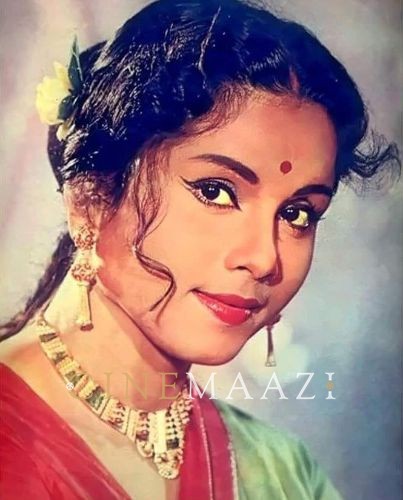
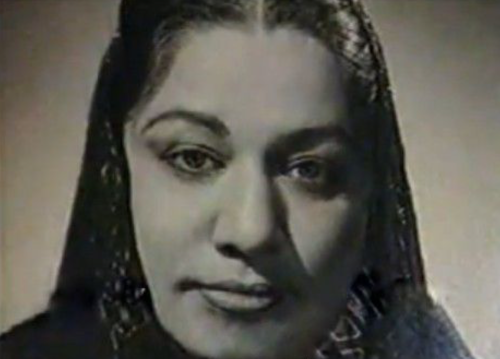
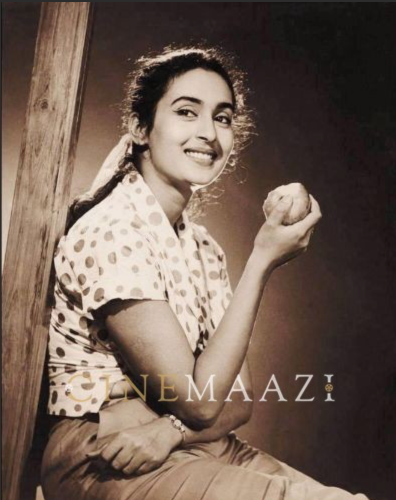
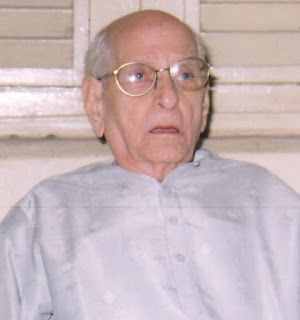
.jpg)


